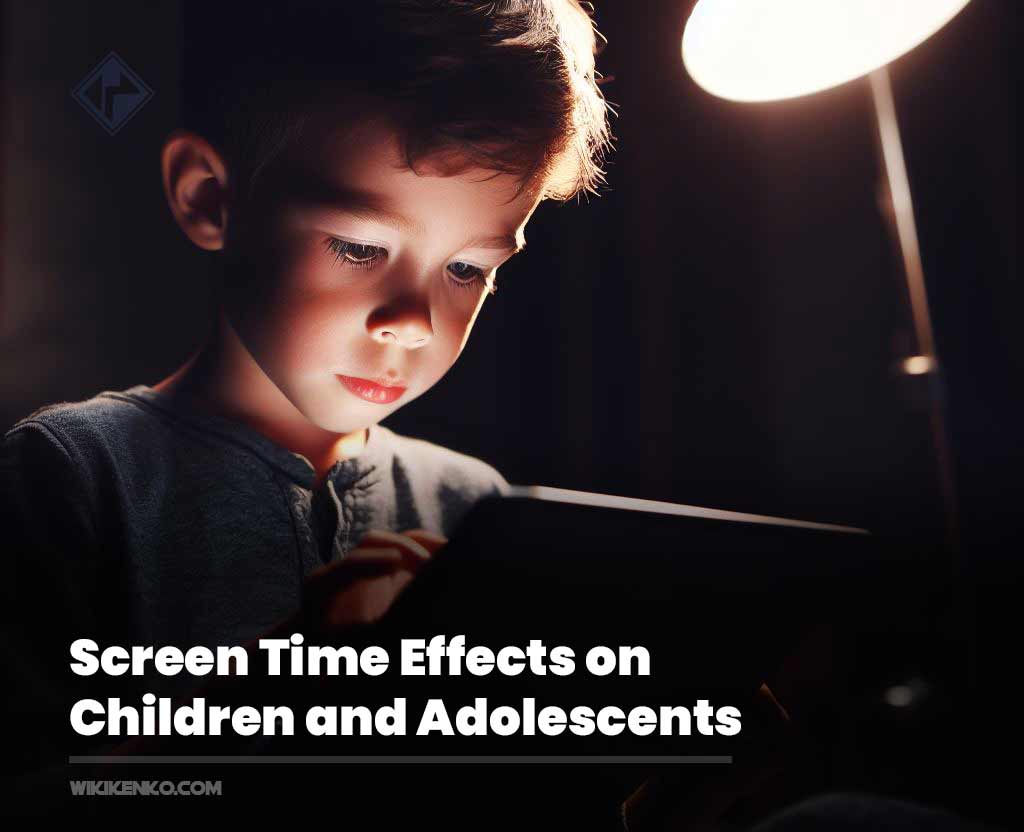|
Getting your Trinity Audio player ready…
|
In the 16th century, the printing press revolutionized access to knowledge, prompting concerns among scholars about its potential impact. Fast forward to the 21st century, and electronic screens are under scrutiny. Are we witnessing the emergence of a generation less intellectually inclined than its predecessors due to extensive screen use?
Historical Parallels
Throughout history, emerging technologies have sparked apprehension, from concerns about the abundance of books in the 16th century to fears that radio would distract children from reading in the early 20th century. Neil Postman’s 1985 critique of television’s contribution to “collective stupidity” echoes these anxieties.
Contemporary Concerns
Today, experts caution that electronic screens may have given rise to the first generation of children potentially less intelligent than their parents. Despite widespread alarm, a dearth of abundant and high-quality studies hampers a comprehensive understanding of the issue.
Addressing the Void
In a 2019 editorial, The Lancet lamented the scarcity of understanding regarding the benefits, harms, and risks of our rapidly evolving digital landscape. Adding to this discourse, a recent review published in Nature Human Behaviour draws conclusions that are far from sensational.
Analyzing 2,451 studies involving nearly two million participants under 18, the authors suggest that while screen use is associated with both risks and some benefits, the overall effects are relatively modest.
Unpacking the Effects
Extended screen time correlates with a slight decline in reading, writing abilities, and overall learning outcomes. Digital junk food ads increase children’s consumption, and social media use slightly raises the risk of depression. However, positive effects emerge, contingent on how screens are utilized.
Watching television with parents enhances reading and writing skills, while the use of screens for educational augmented reality programs positively impacts learning.
Expert Perspectives
Taren Sanders, a researcher at the University of Australia and lead author of the study, suggests that the effects found in their research may not warrant the magnitude of concern associated with screens.
While acknowledging concerning effects, such as the link between depression and social media use, Sanders emphasizes that, on average, screens may not be the primary influencer in children’s lives. The strongest correlation found in all studies is 0.2, the same as found between intelligence and increased height in other studies.

Among the prominent negative effects, social media usage strongly correlates with risky behaviors, substance abuse, or unprotected sex. The authors highlight that companies themselves acknowledge potential negative impacts on the mental health of young users, particularly adolescents.
On a positive note, interventions using screens to promote learning or healthy habits demonstrate benefits, with a reminder that the positive outcome may be more attributable to the manner of screen use than the screen itself.
Challenging Stereotypes
Borja del Pozo, a researcher at the University of Cádiz and co-author of the study, challenges the prevailing hysteria. He contends that neither the negative effects are as extensive nor are all screens inherently bad; the situation is more nuanced than that. Guidelines, such as those from the World Health Organization (WHO), tend to be overly restrictive despite a lack of solid evidence of screen harm.
The authors suggest that guidelines should caution against excessive use of social media while adapting recommendations to promote the use of educational apps or video games.
Changing Landscape
While recognizing the challenges of keeping pace with technological and content changes, Sanders acknowledges the rapid evolution of the research field. Social media, with its constant innovation, poses a challenge for researchers to keep abreast of developments.
Learning from History
Historical examples reveal a tendency to worry about the effects of new technologies on the human mind. However, Sanders contends that this should not lead to dismissing potential risks posed by powerful technologies like mobile phones outright. Instead, he advocates a measured approach, pausing to assess evidence before succumbing to anxiety about screen exposure.
Policy Dilemmas
Luisa Fassi of the University of Cambridge, not involved in the study, suggests a nuanced stance given the current lack of clear evidence. Advocating for caution before making sweeping statements, she acknowledges the difficulty policymakers face in deciding with unclear evidence. Fassi recognizes parental concerns and emphasizes the need for researchers to analyze the effects of such powerful technology.
Yet, the omnipresence of these devices makes establishing clear cause-and-effect relationships challenging.
Conclusion
In conclusion, while the debate on the impact of screen time persists, this meta-analysis urges a balanced and evidence-driven discussion. Rather than succumbing to panic, it calls for a careful examination of the evidence before making broad declarations about the impact of screens on the health and learning of children and adolescents. The evolving field, with a growing social interest, still has much work to do in evaluating the effects of different screens in various circumstances.
Original source: This information was Initially covered by elpais and has been translated for our readers.








